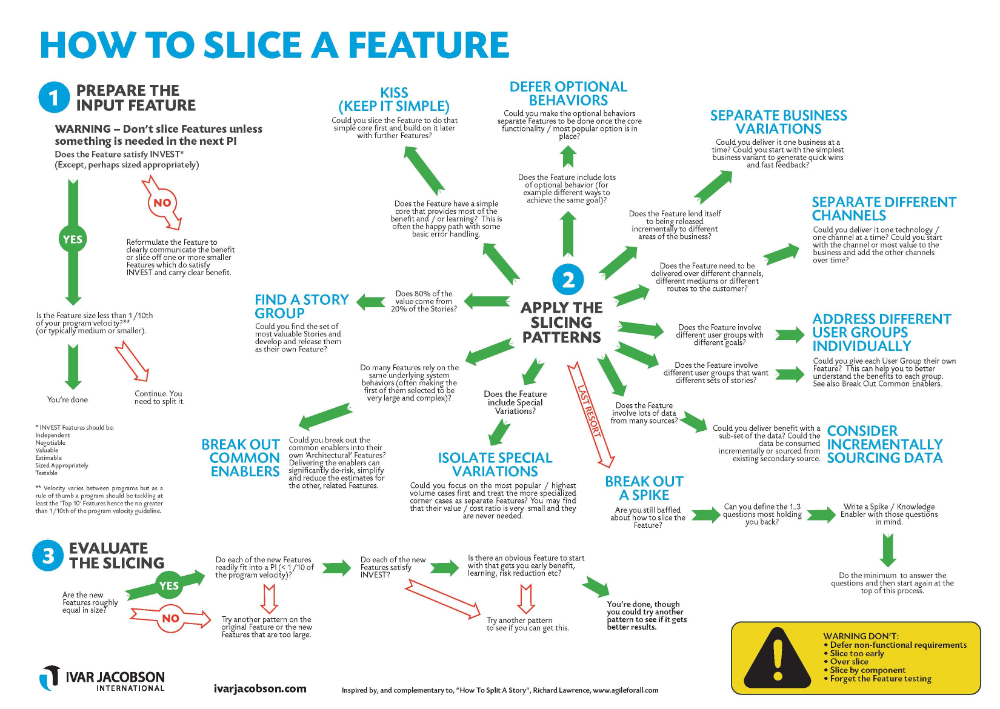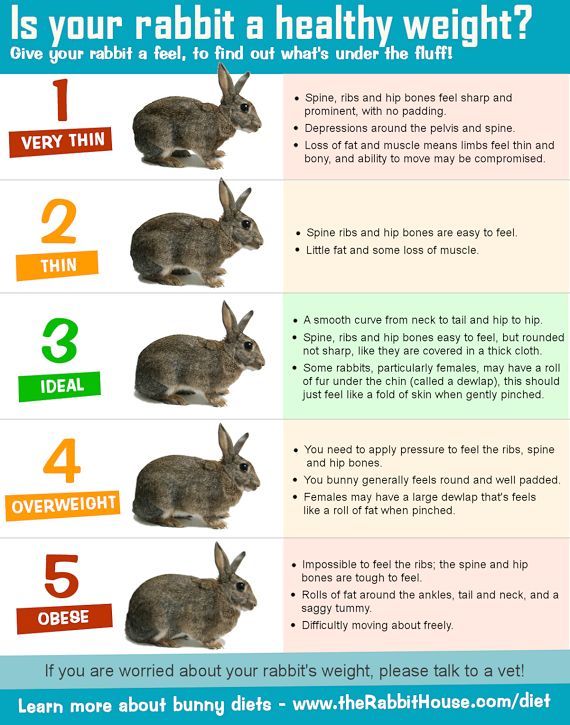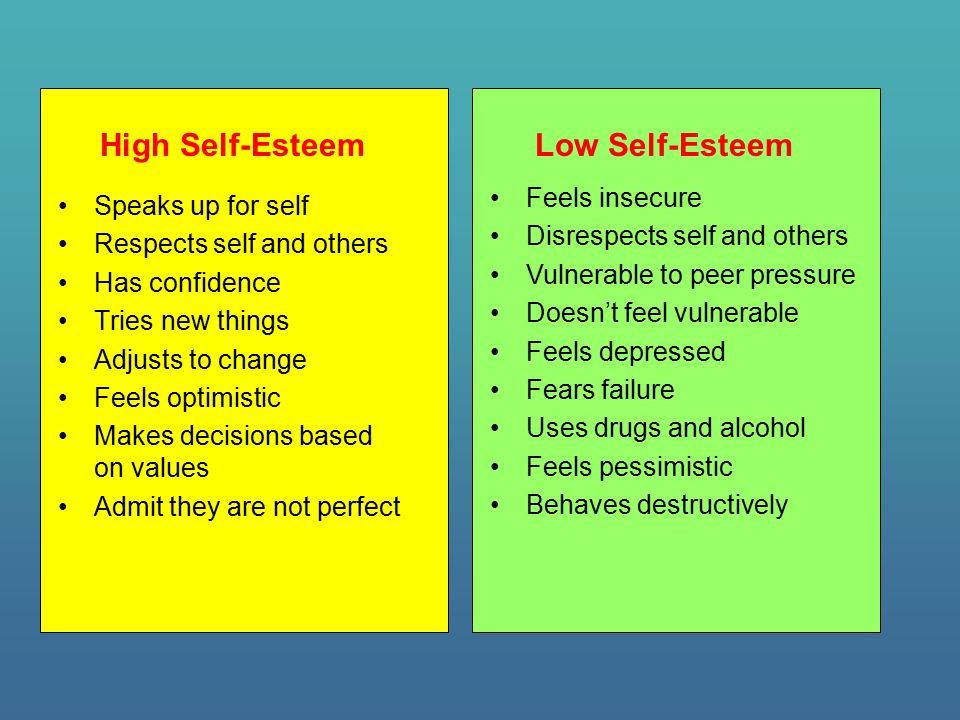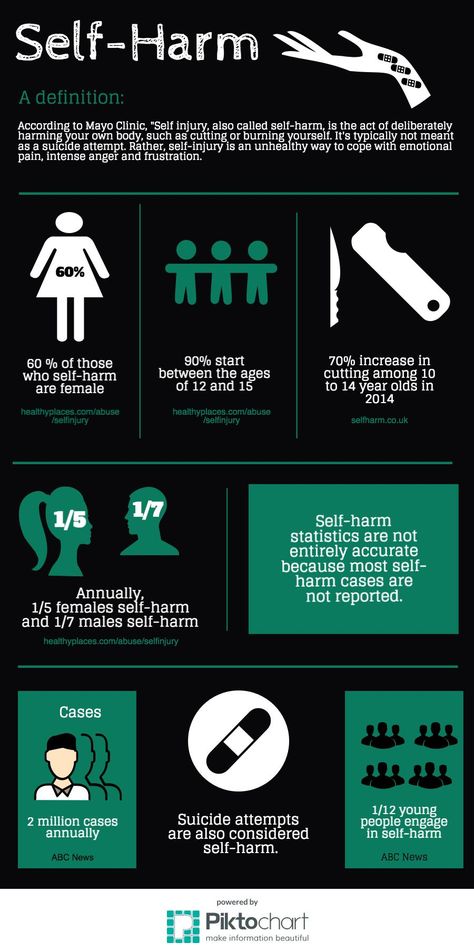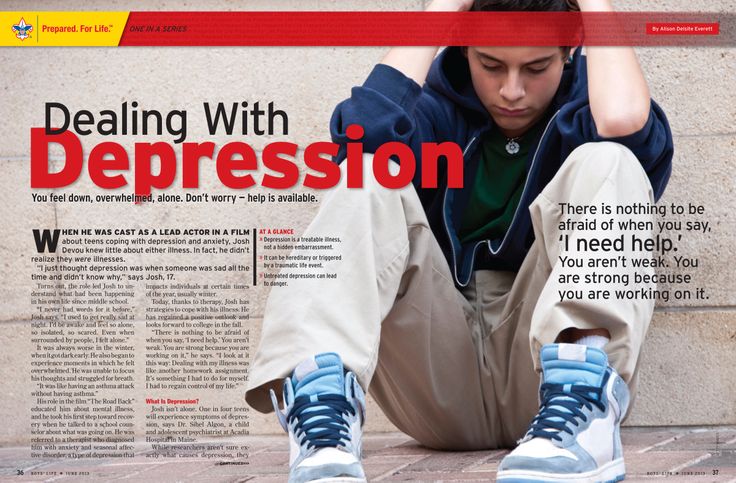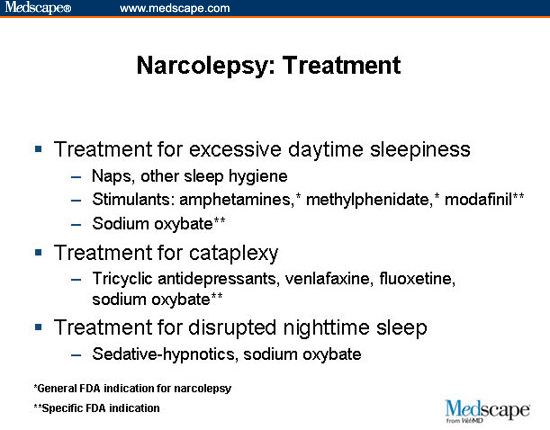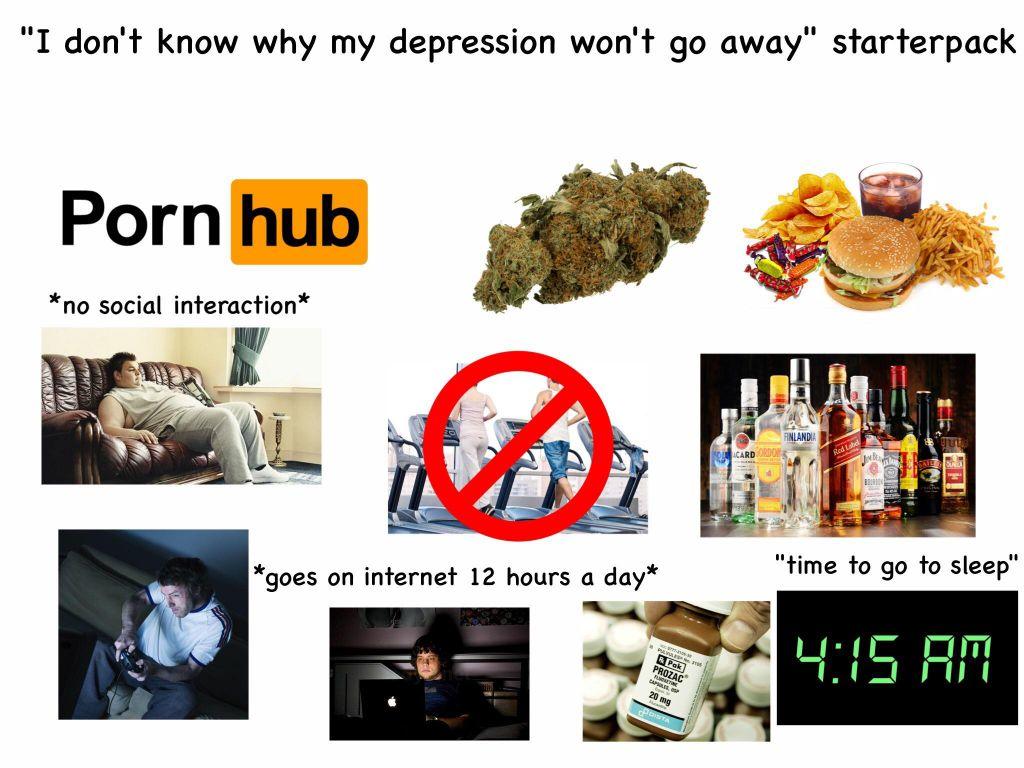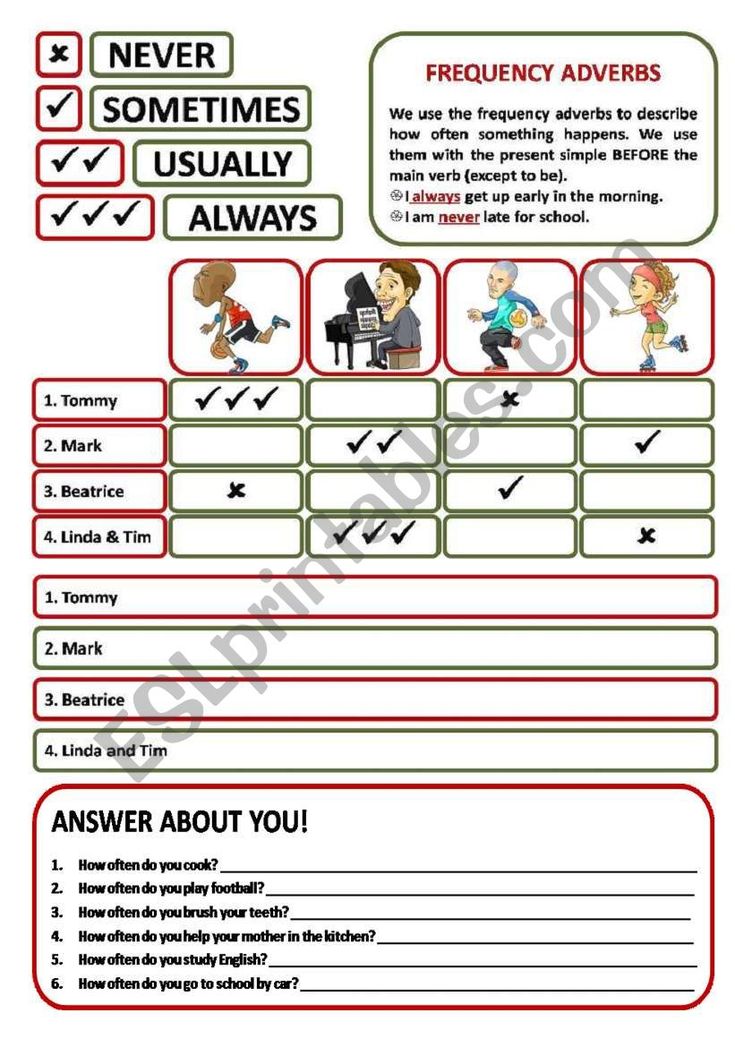Mind evaluation test
Take a Mental Health Test
Online screening is one of the quickest and easiest ways to determine whether you are experiencing symptoms of a mental health condition.
Mental health conditions, such as depression or anxiety, are real, common and treatable. And recovery is possible.
Depression Test The Depression Test is for individuals who are feeling overwhelming sadness. The depression test is also available in Spanish.
Take Depression Test
Postpartum Depression Test (New & Expecting Parents) This test is for new and expecting parents who began feeling overwhelming sadness during pregnancy or after their child's birth.
Take Postpartum Depression Test (New & Expecting Parents)
Anxiety Test The Anxiety Test is for people who feel that worry and fear are affecting their ability to function day-to-day. The anxiety test is also available in Spanish.
Take Anxiety Test
Psychosis Test The Psychosis Test is for people who feel like their brain is playing tricks on them (seeing, hearing or believing things that don't seem real or quite right).
Take Psychosis Test
Bipolar Test The Bipolar Test is for people experiencing mood swings—unusual or extreme shifts in mood and energy.
Take Bipolar Test
Eating Disorder Test The Eating Disorder Test can help explore eating related concerns that have an impact on your physical health and overall well-being.
Take Eating Disorder Test
PTSD Test The PTSD (Post-Traumatic Stress Disorder) Test is for those who are experiencing ongoing distress after a traumatic life event.
Take PTSD Test
Parent Test: Your Child’s Mental Health The Parent Test helps parents determine if their child’s emotions, attention, or behaviors might be a mental health concern.
Take Parent Test: Your Child’s Mental Health
Youth Mental Health Test The Youth Test is for young people (age 11-17) who are concerned that their emotions, attention, or behaviors might be signs of a problem.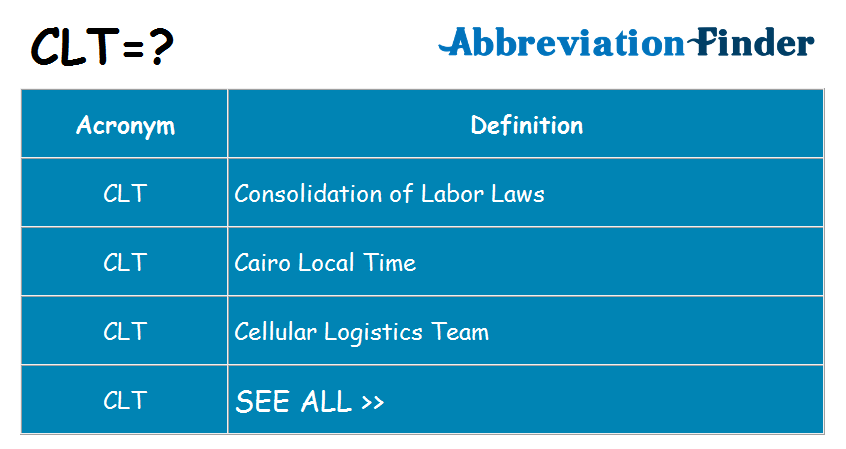
Take Youth Mental Health Test
ADHD Test The ADHD Test is for people (both youth and adults) who have trouble focusing, remembering things, completing tasks, and/or sitting still.
Take ADHD Test
Addiction Test The Addiction Test is for people who are concerned about their use of alcohol or drugs.
Take Addiction Test
Test de depresión El test de depresión es para los individuales que sienten una tristeza abrumadora. También está disponible en inglés.
Tome el Test de depresión
Test de ansiedad El test de ansiedad es para las personas que sienten que la preocupación y el temor afectan su vida cotidiana. También está disponible en inglés.
Tome el Test de ansiedad
Self-Injury Survey The Self-Injury Survey is for people who have hurt themselves on purpose without wanting to die.
Take Self-Injury Survey
Connection and Well-Being Survey The Connectedness and Well-Being Survey is a chance to reflect on how your connections to nature, spirituality, and other people affect your mental health.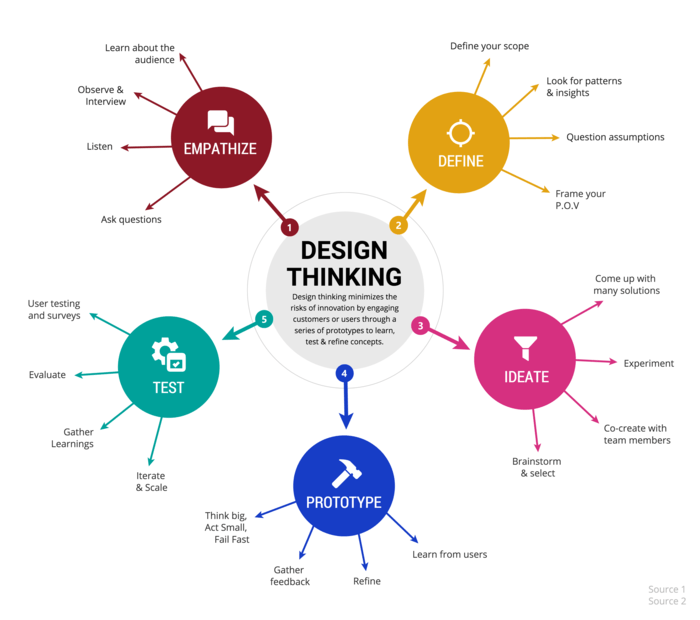 Your answers also help us develop better mental health supports for people like you!
Your answers also help us develop better mental health supports for people like you!
Take Connection and Well-Being Survey
After your mental health test, you will see information, resources, and tools to help you understand and improve your mental health.
How can online mental health testing help me?
What do my mental health test results mean?
Please note: Online screening tools are meant to be a quick snapshot of your mental health. If your results indicate you may be experiencing symptoms of a mental illness, consider sharing your results with someone. A mental health provider (such as a doctor or a therapist) can give you a full assessment and talk to you about options for how to feel better.
This website is an informational resource. We are not a crisis support line. If you need immediate help, you can reach the Suicide & Crisis Lifeline by calling or texting 988 or using the chat box at 988lifeline.org/chat.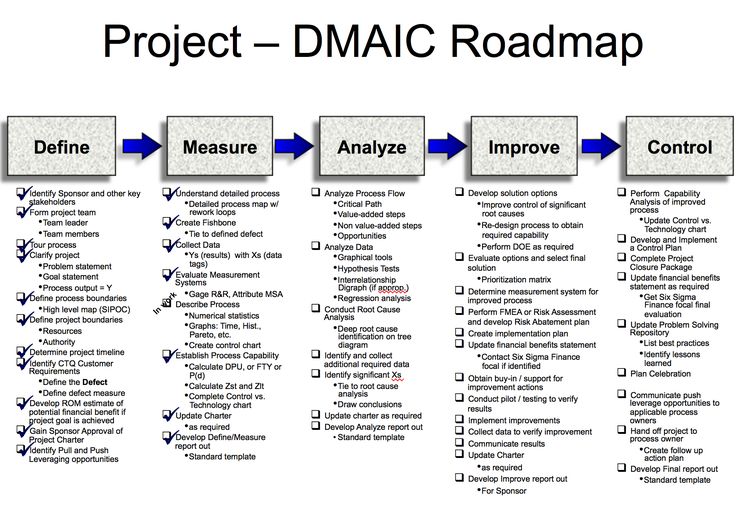 You can also text “MHA” to 741-741 to reach the Crisis Text Line. Warmlines are an excellent place for non-crisis support.
You can also text “MHA” to 741-741 to reach the Crisis Text Line. Warmlines are an excellent place for non-crisis support.
For all other screening-related questions and non-emergency support, please use MHA’s Contact Us form.
Mental Health America Inc., sponsors, partners, and advertisers disclaim any liability, loss, or risk incurred as a consequence, directly or indirectly, of the use and application of these screens.
Work Health Survey
This is a not a mental health screening but a survey meant to help us identify strategies to help companies do better. The survey is updated annually.
Take the work health Survey
MHA Screening is made possible through the generous contributions of individuals and organizations that share our vision of mental health for all. This program is supported, in part, through philanthropic contributions from Abbvie, Alkermes, The Anthem Foundation, The Faas Foundation, Janssen, Neurocrine Biosciences, The NFL Foundation, Sage Therapeutics, Takeda Lundbeck Alliance, and Teva.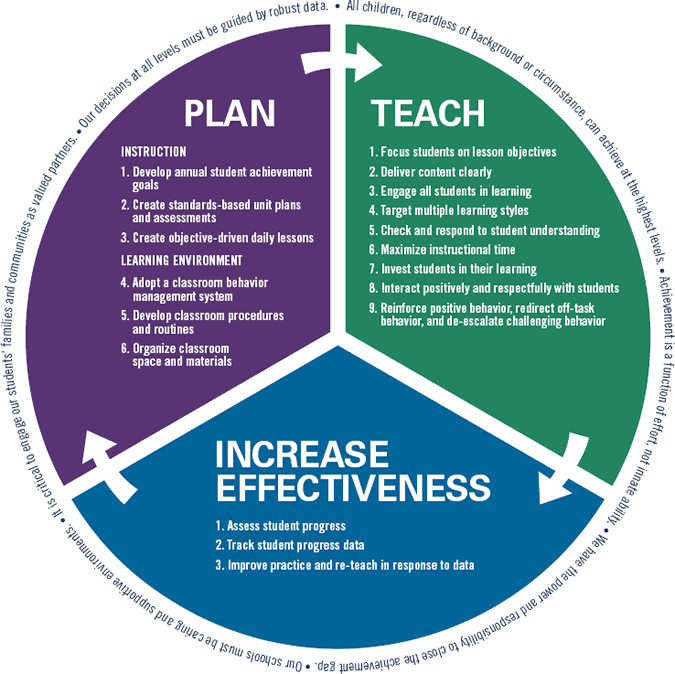
Mental Health Tests - Free Results Online
WHAT IS MENTAL HEALTH?
Mental health is a combination of our emotional, psychological, and social well-being. It affects how we think, feel, and act. It also helps determine how we handle stress, relate to others, and make choices. Mental health is important at every stage of life from childhood and adolescence through adulthood.
Over the course of your life, if you experience mental health problems, your thinking, mood, and behavior could be affected. Many factors contribute to mental health problems, including:
- Biological factors, such as genes or brain chemistry
- Life experiences, such as trauma or abuse
- Family history of mental health problems
Most people believe that mental illness, sometimes known as mental disorder, is rare and “happens to someone else.“ In fact, mental illness is common and widespread. An estimated 54 million Americans suffer from some form of mental illness in a given year.
Most families are not prepared to cope with learning their loved one has a mental illness. It can be physically and emotionally trying and can make us feel vulnerable to the opinions and judgments of others.
If you think you or someone you know may have a mental or emotional problem, it is important to remember there is hope and help.
WHAT IS MENTAL ILLNESS?
A mental illness is a disease that causes mild to severe disturbances in thought and/or behavior, resulting in an inability to cope with life’s ordinary demands and routines.
There are more than 200 identified forms of mental illness. Some of the more common disorders are depression, anxiety, borderline personality disorder, and PTSD. Symptoms may include changes in mood, personality, personal habits or social withdrawal.
Mental health problems may be related to excessive stress due to a particular situation or series of events. As with cancer, diabetes and heart disease, mental illnesses are often physical as well as emotional and psychological.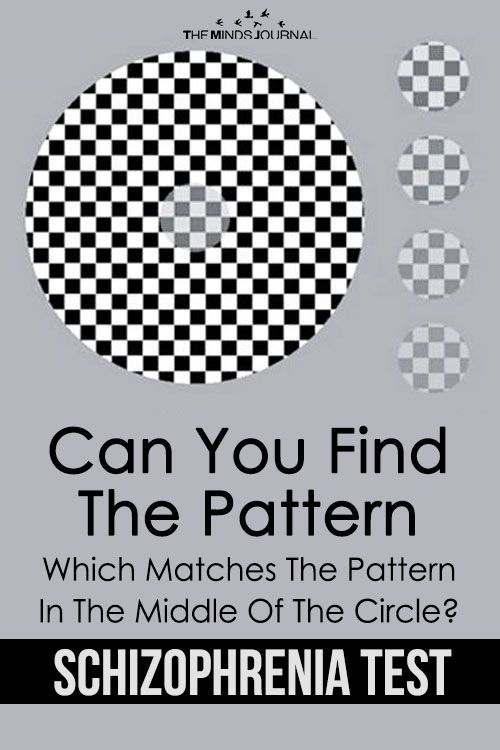 Mental illnesses may be caused by a reaction to environmental stresses, genetic factors, biochemical imbalances, or a combination of these. With proper care and treatment many individuals learn to cope or recover from a mental illness or emotional disorder.
Mental illnesses may be caused by a reaction to environmental stresses, genetic factors, biochemical imbalances, or a combination of these. With proper care and treatment many individuals learn to cope or recover from a mental illness or emotional disorder.
EARLY WARNING SIGNS
Not sure if you or someone you know is living with mental health problems? Experiencing one or more of the following feelings or behaviors can be an early warning sign of a problem:
- Eating or sleeping too much or too little
- Pulling away from people and usual activities
- Having low or no energy
- Feeling numb or like nothing matters
- Having unexplained aches and pains
- Feeling helpless or hopeless
- Feeling unusually confused, forgetful, on edge, angry, upset, worried, or scared
- Yelling or fighting with family and friends
- Experiencing severe mood swings that cause problems in relationships
- Having persistent thoughts and memories you can’t get out of your head
- Hearing voices or believing things that are not true
- Thinking of harming yourself or others
- Inability to perform daily tasks like taking care of your kids or getting to work or school
It is especially important to pay attention to sudden changes in thoughts and behaviors.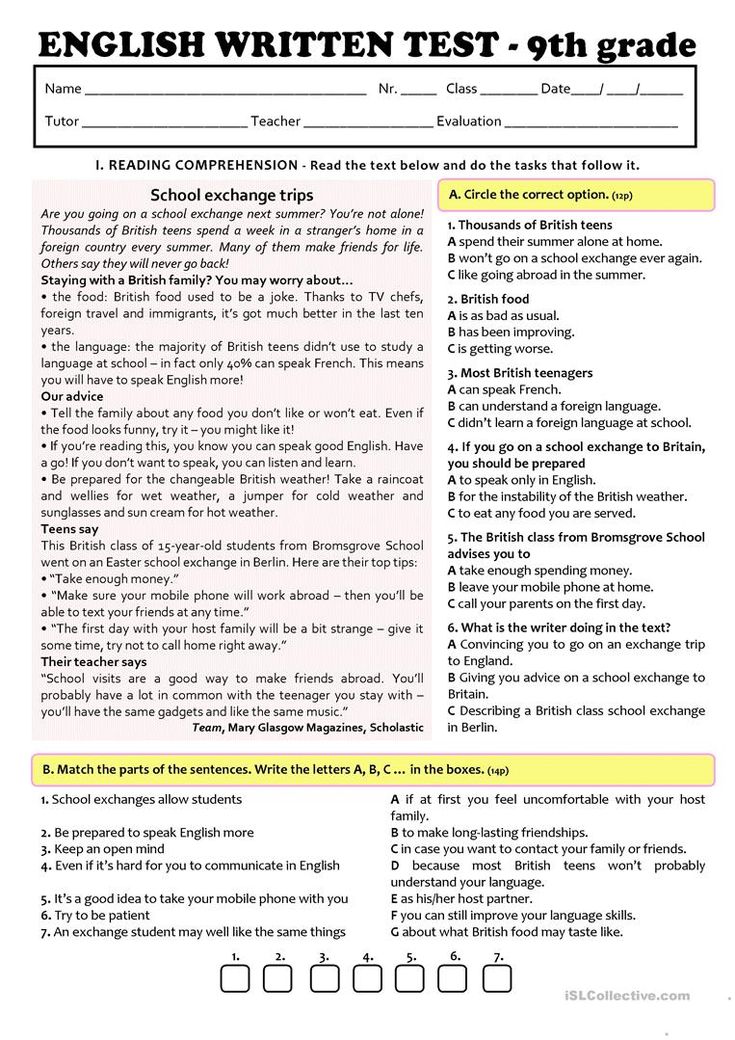 Also keep in mind that the onset of several of the symptoms above, and not just any one change, indicates a problem that should be assessed. The symptoms above should not be due to another medical condition.
Also keep in mind that the onset of several of the symptoms above, and not just any one change, indicates a problem that should be assessed. The symptoms above should not be due to another medical condition.
WHEN TO SEE A MENTAL HEALTH PROFESSIONAL
Mental health issues are real, common, and treatable. According to the National Alliance on Mental Illness (NAMI) 1 in 5 adults experience mental illness and 20% of those are considered serious. 17% of 6-17 year olds experience a mental health disorder. So the first thing to remember is this: You are not alone.
If you feel that you are suffering from a mental illness, and particularly if those issues are preventing you from living life to the full or feeling yourself, you may want to consider professional help which can make an enormous difference.
And to be clear, you don't need to be going through a crisis in order to justify getting help. In fact, it can be advantageous from a treatment perspective to identify and deal with issues early and before they have a major impact on your life. Either way you should feel encouraged and able to seek help however you are feeling.
Either way you should feel encouraged and able to seek help however you are feeling.
Mental health professionals such as licensed therapist can help in a range of ways including:
- Help you identify where, when, and how issues arise
- Develop coping strategies for specific symptoms and issues
- Encourage resilience and self-management
- Identify and change negative behaviors
- Identify and encourage positive behaviors
- Heal pain from past trauma
- Figure out goals and waypoints
- Build self-confidence
Treatment for mental health issues, and psychotherapy (sometimes known as 'talk therapy') in particular, frequently helps people to feel better, manage, and even get rid of their symptoms. For example, did you know that over 80% of people treated for depression materially improve? Or that treatment for panic disorder has a 90% success rate?
Other treatment options include medication which, in some cases, can be highly effective when administered in combination with psychotherapy.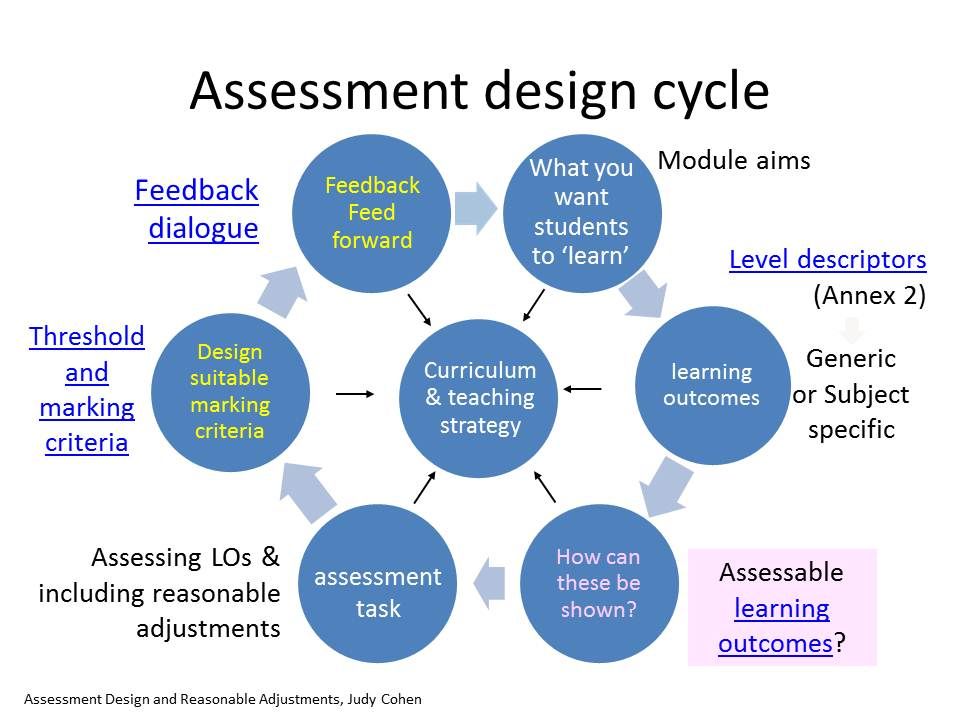
So what is psychotherapy? It involves talking about your problems and concerns with a mental health professional. It can take lots of forms, including individual, group, couples and family sessions. Often, people see their therapists once a week for 50 minutes to start with and then reducing frequency as time goes on and issues subside. Treatment can be as short as a few weeks or as long as a few years depending on your particular situation and response.
Never think that getting help is a sign of weakness. It isn't. In fact, it can be a sign of strength and maturity to take the steps necessary to becoming you again and getting your life back on track.
WHEN TO GET EMERGENCY HELP
Are you in distress? If so, or if you think that you may hurt yourself or attempt suicide, call 911 or your local emergency number immediately.
Also consider these options if you're having suicidal thoughts:
- Call your mental health specialist.
- Call a suicide hotline number — in the U.
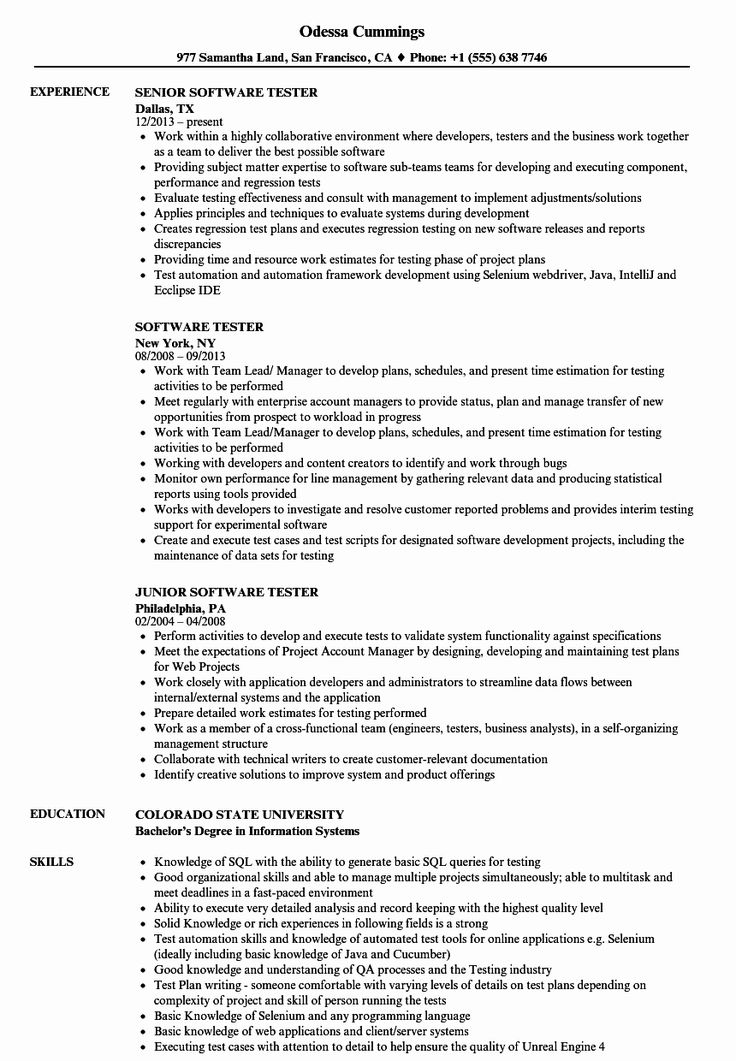 S., call the National Suicide Prevention Lifeline at 1-800-273-TALK (1-800-273-8255).
S., call the National Suicide Prevention Lifeline at 1-800-273-TALK (1-800-273-8255). - Seek help from your primary doctor or other health care provider.
- Reach out to a close friend or loved one.
- Contact a minister, spiritual leader or someone else in your faith community.
If a loved one or friend is in danger of attempting suicide or has made an attempt:
- Make sure someone stays with that person.
- Call 911 or your local emergency number immediately.
- Or, if you can do so safely, take the person to the nearest hospital emergency room.
Test: analytical mindset | Test for analytical skills and thinking
Home // Intellectual
The Analytical Mind Test will show how developed your analytical skills are. It is based on tasks with series of numbers, where you need to calculate the pattern that affects the numbers and guess what the next ones will be.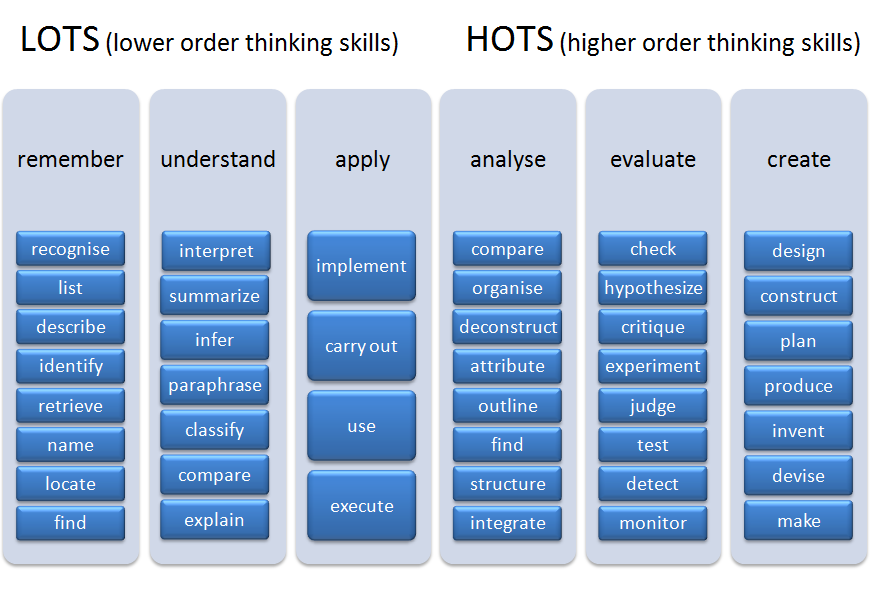
This online questionnaire is a classic analytical test with answers, where you need to choose the right solution from the options provided. Depending on the correctness of your answers, you will receive points. The points scored are summed up and on the basis of them the final assessment of your analytical abilities will be made. Remember that you can always take the test again and achieve a better result. Good luck!
Analytical thinking is of great benefit to both scientists, engineers and mathematicians, as well as people with creative inclinations. After all, a person who tends to have such a mindset, it is easy to realize the essence of his actions and thoughts.
It is not difficult for him to pass information on to other people. At the same time, he is able to see different options for solving the problem, successfully evaluating all the pros and cons.
People with this type of thinking are quite productive and successful. They have the qualities of a leader.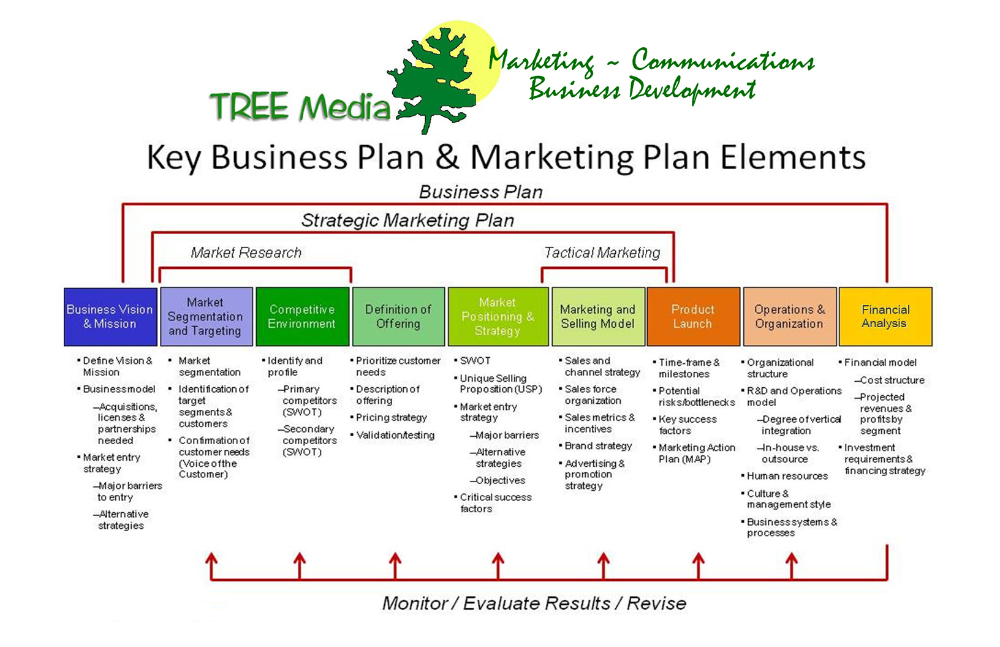
To determine whether you have such a mindset, you should pass a psychological test. He will be able to give a very clear result.
1. Row: 2 4 6 8 10 12 14 … …
- a) 15 16
- b) 16 19
- c) 8 2
- d) 16 18
- e) 20 22
2. Row: 6 9 12 15 18 21 24 … …
- a) 27 30
- b) 26 28
- c) 30 33
- d) 12 42
- e) 42 12
3. Row: 3 6 12 24 48 96 192 … …
- a) 240 336
- b) 212 292
- c) 384 768
- d) 198 696
- e) 489 619
4. Row: 4 5 8 9 12 13 16 … …
- a) 19 20
- b) 17 22
- c) 9 4
- d) 24 28
- e) 17 20
5. Row: 22 19 17 14 12 9 7 … …
- a) 4 2
- b) 3 1
- c) 6 3
- d) 2 1
- e) 5 2
6. Row: 3938 36 33 29 24 18 … …
Row: 3938 36 33 29 24 18 … …
- a) 13 6
- b) 11 3
- c) 15 8
- d) 9 2
- e) 9 6
7. I Row: 16 8 4 2 1 1/2 1/4 … …
- a) 1/6 1/8
- b) 1/8 1/12
- c) 1/8 1/32
- d) 1/8 1/16
- e) 1/5 1/6
8. Row: 1 4 9 16 25 36 49 … …
- a) 64 81
- b) 58 65
- c) 56 72
- d) 60 99
- e) 64 72
9. Row: 21 18 16 15 12 10 9 … …
- a) 6 3
- b) 6 2
- c) 6 4
- d) 6 5
- e) 3 1
10. Row: 3 6 8 16 18 36 38 … …
- a) 40 80
- b) 76 78
- c) 72 74
- d) 76 80
- e) 54 72
11. Row: 12 7 10 5 8 3 6 … …
- a) 1 4
- b) 3 1
- c) 4 2
- d) 2 4
- e) 1 3
12.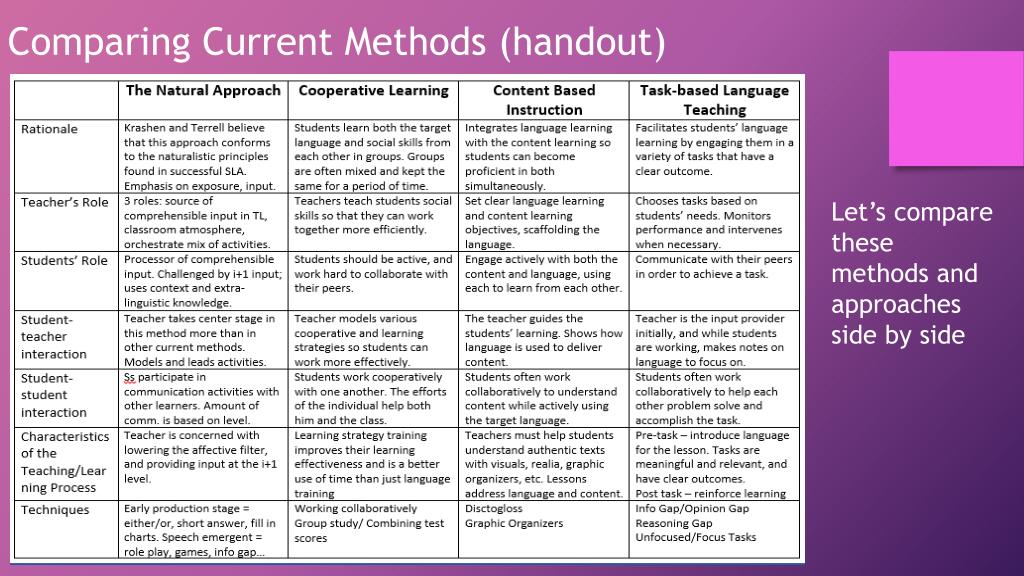 Row: 2 6 9 27 30 90 93 … …
Row: 2 6 9 27 30 90 93 … …
- a) 102 306
- b) 96 288
- c) 279 290
- d) 279 282
- e) 372 402
13. Row: 8 16 9 18 11 22 15 … …
- a) 8 16
- b) 22 44
- c) 22 25
- d) 23 30
- e) 30 23
14. Row: 7 21 18 6 18 15 5 … …
- a) 18 6
- b) 1 5
- c) 15 12
- d) 21 7
- e) 6 18
15. Row: 10 6 9 18 14 17 34 … …
- a) 33 68
- b) 30 33
- c) 69 96
- d) 31 62
- e) 30 34
More interesting tests
Test: What is your mindset? Mathematics or Humanities? Ustaliy.ru
in Psychological tests
published Ivan Pyanov
"Humanitarian" or "techie" - who are you? If you don't know yet, we'll help you do it by asking just 10 questions.
-
-
Mathematics
-
Literature
-
Physics
-
-
-
Left
-
Right
-
-
-
Right
-
Left
-
Like it?
12 Points
Yes No
singlepagepsychology mentalitytest
Don't miss
-
Quiz: How addicted are you to TV?
Previously, TV was watched in every home, but now more and more people refuse it. Do you need a TV? How often do you get caught […] More
-
A test that will check if you are a psychopath?
Each of us hides skeletons in our closet.
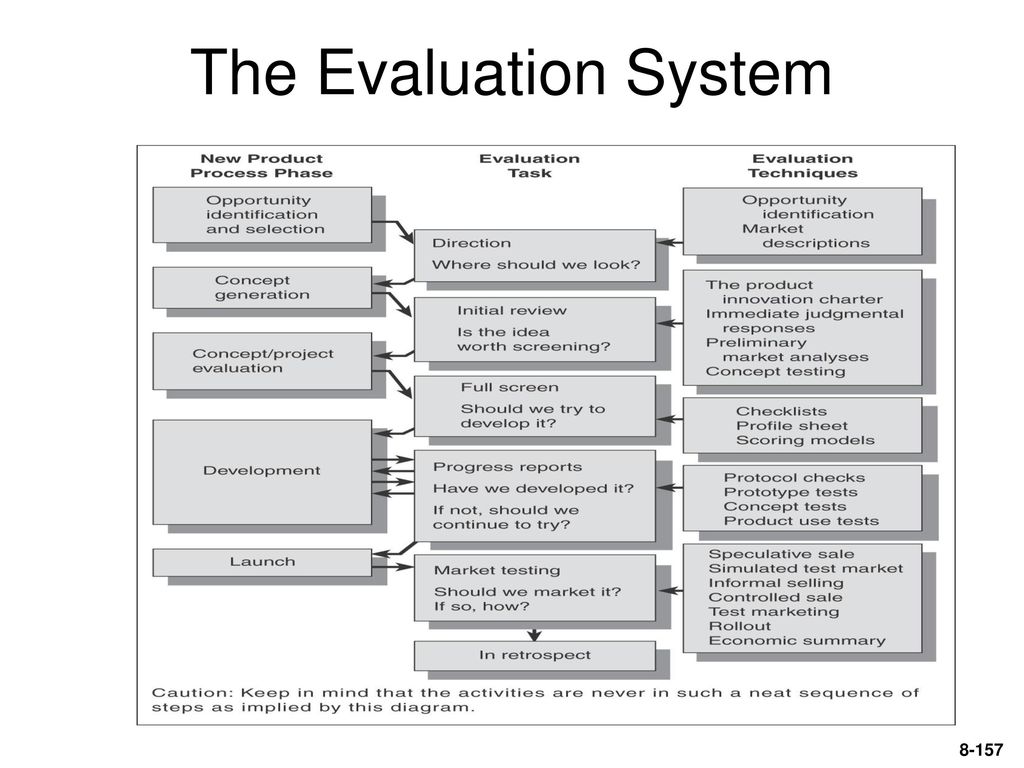 Some secrets can be called petty pranks, others can shock the public. This test should not be taken […] More
Some secrets can be called petty pranks, others can shock the public. This test should not be taken […] More -
Test: Which hemisphere of your brain dominates?
It has long been proven that the hemispheres of the human brain are responsible for different types of activities. Interhemispheric asymmetry, when a person has one leading, dominant hemisphere of the brain, left or right, […] More than
-
Test: What is your wisdom?
This psychological test will help us find out what makes you different from most other people. Every person has their own wisdom. This is what we need when […] More
-
Test: How long can your relationship last?
Do you think your relationship is strong? How long will they last? Find out right now! Take the quiz Question of Are you the best options for each other? Yes, we […] More
-
Test: Is empathy your innate property?
To feel the pain of another person, to pass it through oneself is a test that changes a person from the inside.
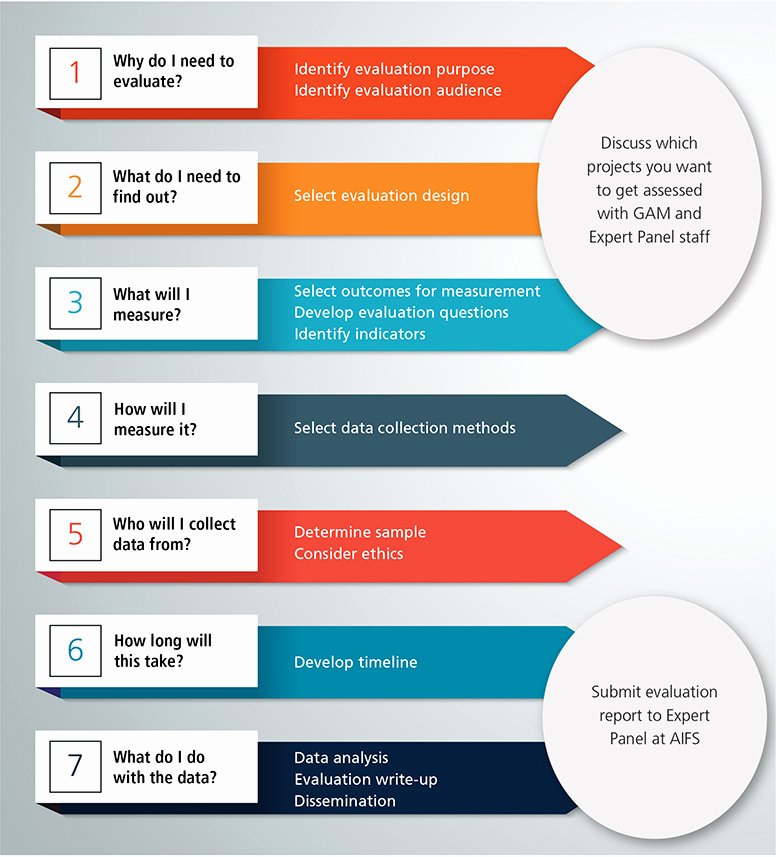 Are you familiar with this condition? We invite you to find out and […] More
Are you familiar with this condition? We invite you to find out and […] More -
Test: Are you really an adult or just pretending?
Adolescence is always rich in psychological upheavals, but it is precisely this time that makes it possible for an adult, independent personality to form. Some of us easily leave our childhood, others, on the contrary, […] More
-
Test: How to make wishes come true?
Everyone has a dream and more than one, but for some reason we rarely get what we want, even if we make an effort and do everything right. Imagine that you can […] More
-
Extroversion-Introversion Test with greater than 98 percent accuracy
The test is based on the classical Eysenck method and contains 57 questions, 24 of which are aimed at identifying extraversion-introversion, 24 others - at assessing emotional stability-instability (neuroticism), […] More than
-
Answer 10 questions and find out which office type is yours
If you work in an office, then you probably know that there are all sorts of people there: from overly active to complete lazy people.
 And yes, even though all people […] More
And yes, even though all people […] More -
Test: How open are you?
Are you an absolutely honest and sincere person, or do you hide your true emotions even when you are alone? Want to check if you can be called a straightforward person? Then go […] More
-
Test: Are you a synesthetic?
Synesthesia - the ability to draw analogies between signals from different senses (see numbers in color, hear shapes, etc.) - is considered the privilege of geniuses: from […] More
-
Test: What will you be like in old age?
With age, the nature of many of us changes. Everyone wants to know in advance what awaits us in old age and how we will spend these years of our lives. In […] More than
-
Test: What is your highlight?
We are all alike, but each has its own personality. Every person has their own peculiarity, which can be called a "zest". After all, no two people are exactly alike.
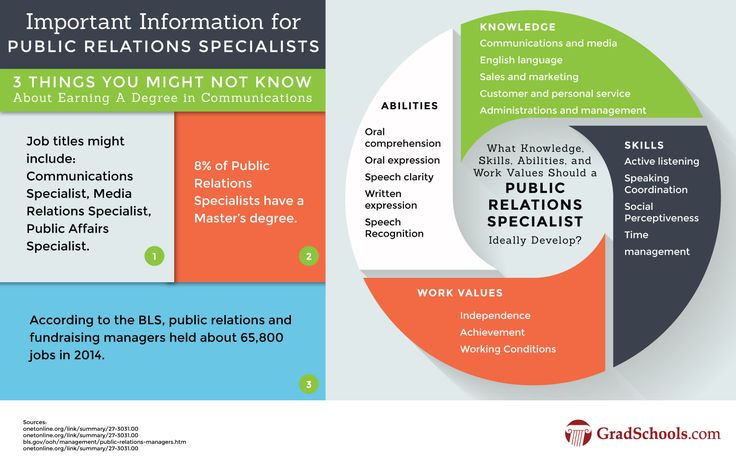 At […] Over
At […] Over -
Sondi test. Portrait Selection Method
The Szondi test is a projective personality test with the portrait choice method, developed by psychiatrist and psychoanalyst Leopold Szondi at 1947, the purpose of which is to identify mental disorders. […] More
-
Quiz: Are you ready for a major change in your life?
Today we're going to ask you some simple questions to find out if you're ready to embrace change and bring something of value out of it. How far-sighted are you? Capable of […] More
-
Test: What type of temperament do you have?
People tend to reflect. We want to know who we are, how to solve problems, and what others think of us. At the core of our behavior and character […] More
-
Projective Test: Build your own cabin in the woods and find out how introverted you are
How well do you know yourself? Are you more of an introvert, an extrovert, or maybe a little bit of each? This quiz asks you to answer a few simple questions and […] More than
-
Selfishness test online
Selfishness in small doses can be a virtue, but in large doses it becomes a curse for its owner and a test for others.
